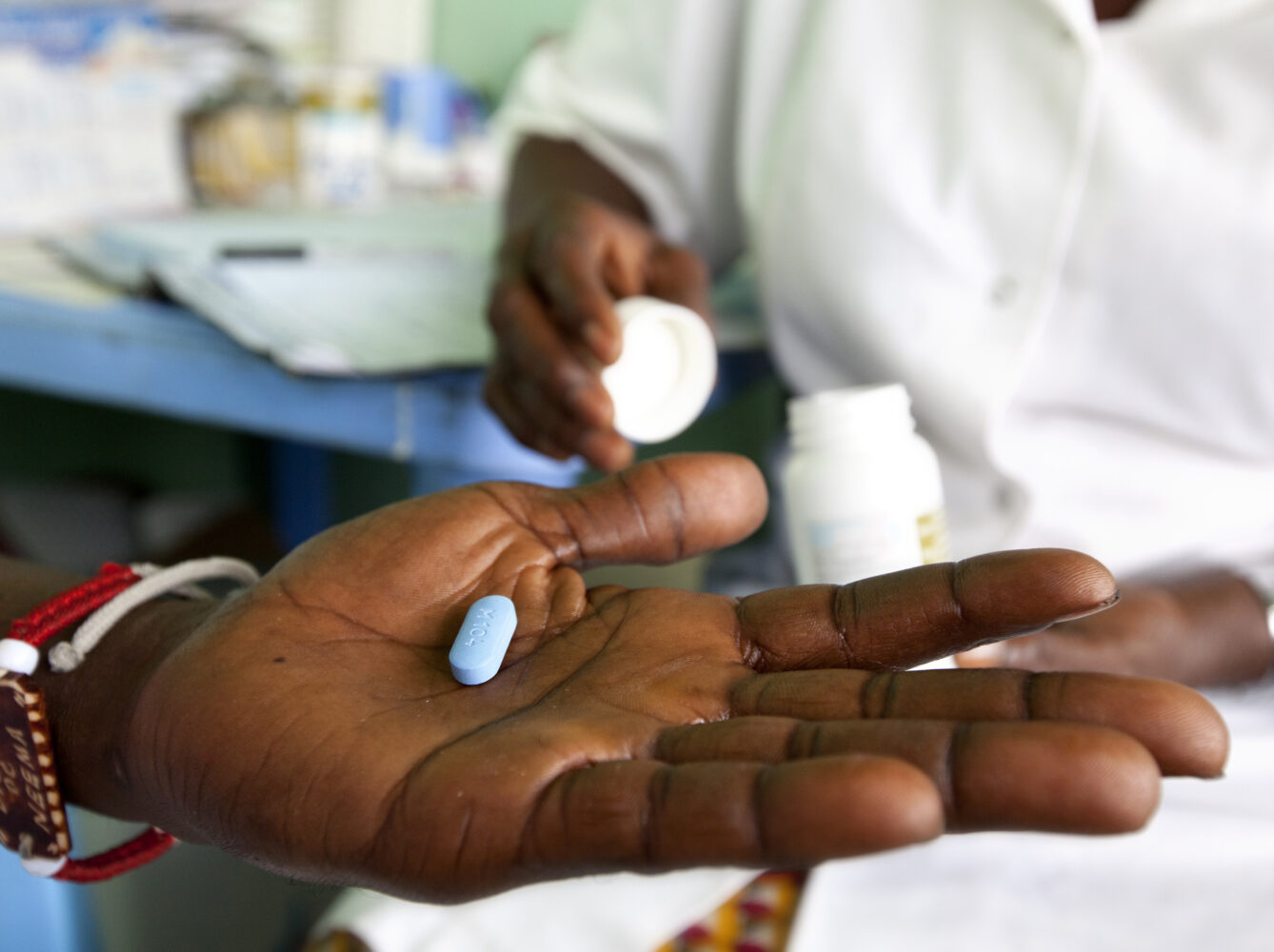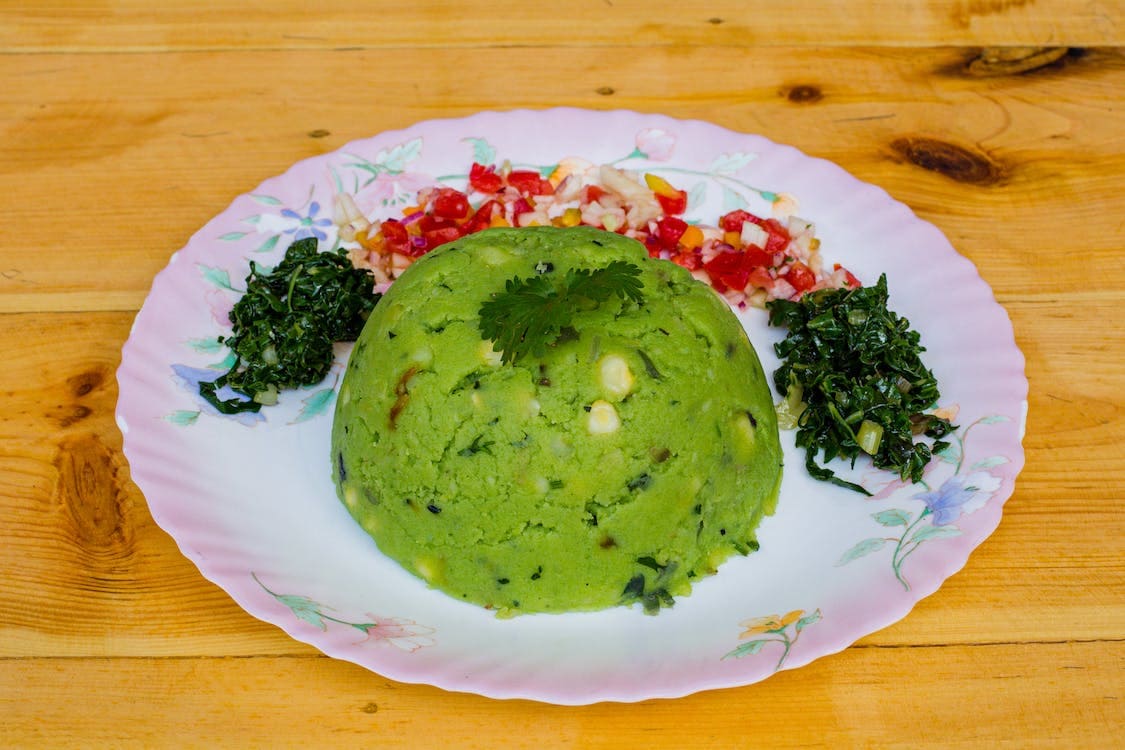In Tana River County, a quiet but devastating crisis is taking place. Dozens of HIV-positive women are forced to hide their antiretroviral medication (ARV’s) in bushes, under trees, or even in food containers.
They take their medicine in secret, far from the eyes of husbands and neighbors.
Women like Hanna Mwanahawa and Hawoo Ibrahim face deadly stigma at home. Their husbands forbid them from taking treatment, claiming the disease is “God’s will.” According to them, taking medication means defying divine fate.
Stigma, silence, and survival
According to local health officials, Tana River has one of the highest HIV stigma indexes in Kenya—standing at 48%. This number not only reflects social discrimination but also highlights the risk of domestic violence, isolation, and psychological trauma.
As a result, many women suffer in silence. Some endure emotional abuse, threats of abandonment, and even physical attacks.
Others are completely denied access to healthcare. For instance, Hanna says, “I have to hide my pills in a hollow tree trunk near the river. If he finds them, he’ll beat me and take the children away.”
Deep-rooted beliefs and misinformation
In addition to family pressure, cultural and religious beliefs in some rural communities link HIV to curses or immoral behavior.
Women are often blamed for bringing the virus into their homes. However, medical reports show that most women actually contract HIV from their husbands.
Efforts by organizations such as the Ministry of Health’s NSDCC, LVCT Health, and NEPHAK have led to increased awareness.
They have rolled out mobile clinics and provided safe spaces for women. Despite these efforts, resistance remains strong, especially in patriarchal households where male control dominates decision-making.
Quiet heroes bringing hope
Meanwhile, local health workers continue their mission to protect and empower these women. They work alongside trusted community leaders and expand outreach programs to ensure safe, discreet access to medication.
“Access to medication is a right, not a favor,” emphasizes Mary Wayua, a nurse in Garsen. “We cannot let stigma kill our mothers and daughters.”
Looking ahead
Until community attitudes shift, many HIV-positive women in Tana River will continue living in fear. Ultimately, they face two battles every day—one against a virus, and another against the stigma that surrounds it.












